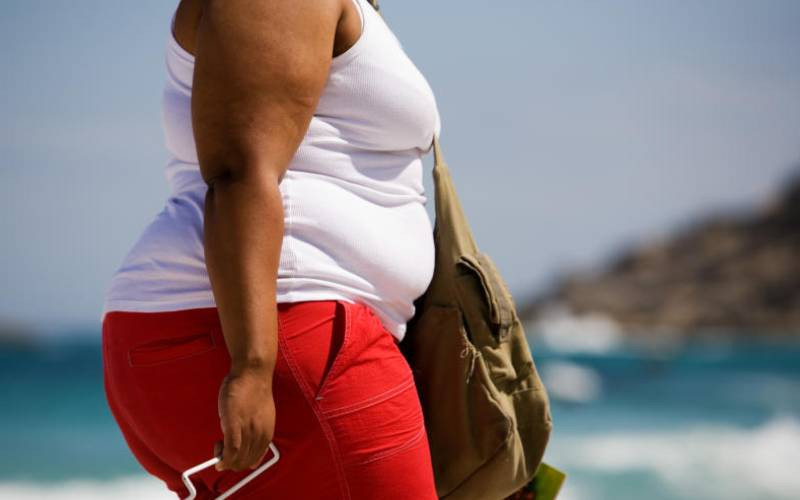
The start of the new school year is a peak time for colds and tummy bugs - make sure you're prepared
The end of the summer holidays means it’s time to get the kids ready for school, but as well as new books and uniforms, investing in their health for the new term is just as vital.
The latest figures show that two weeks after schools go back in September is a peak time for children to fall ill with colds and tummy bugs, while pharmacies report a surge in sales of all children’s medicines in this period.
“Common illnesses are easily passed on upon a child’s return to school,” says Steve Riley, Care spokes¬¬man and ¬pharmacist. “This is down to closer contact in group ¬activities and common kids’ habits such as sharing drinks and food. Plus, their immune systems are less mature, making them more susceptible to germs.”
A few precautions can minimize the impact on their health and disruption of lesson time. Follow our guide to avoiding the key hazards.
THE HAZARD: Out-of-control head lice
Pharmacy surveys show head-lice problems peak in September and many parents believe they’re harder to treat than ever before. One US study caused alarm this month when it claimed that lice had become immune to a pesticide used to treat them. However, UK experts were quick to point out that in the last 10 years, pesticide-based products have been virtually eliminated in Europe, and most products now use silicone oils to coat and kill lice by dehydration.
Ian Burgess, director of the UK’s Medical Entomology Centre, agrees: “The fact head lice are still prevalent in the UK isn’t due to products not working but because parents don’t use them in a coordinated manner, so some children in the class remain untreated and the spread continues.”
BEAT IT: Former school nurse Christine Brown says: “It’s really important to check your children before they return to school to ensure they’re not the ones reintroducing them!”
Lice don’t care if hair’s clean or not and the length makes little difference. Girls catch them more frequently because they seem to have closer contact with their friends.
THE HAZARD: Sniffles, sneezes and sickness
Crowded classrooms are the perfect environment for coughs and tummy bugs and children catch up to 12 a year. “As well as unpleasant symptoms for the child, this can cause other inconveniences such as GP visits and parental absence from work,” says Dr Nigel Plummer.
Germs on a child’s hands are easily passed to other children by direct touch or by touching contaminated surfaces on which viruses can survive for up to 18 hours. Once on the hands, they are easily transferred to the mouth.
BEAT IT: Studies show that regular hand-washing reduces infection risk and time off. Encourage children to wash their hands, especially after the toilet and before eating. Experts recommend spending at least 15 seconds doing this.
There’s also some evidence that taking a probiotic for children could help ward off infections.
THE HAZARD: Overloaded backpacks
Research shows today’s jam-packed bags are up to double the size of those carried 10 years ago – and it’s straining our kids’ necks, shoulders and spines.
A shocking 80% of children carry too much weight in poorly designed school bags according to research by charity BackCare. Other studies found that some kids carry loads prohibited under health and safety rules for adults!
BEAT IT: The best bag is a rucksack with broad straps for both shoulders, which should be shortened to fit close to the body. Across-the-body satchels are also good at distributing loads more evenly. If kids insist on carrying their rucksack by
just one strap, which many do, encourage them to alternate shoulders.
Check your child isn’t carrying books to and from school unnecessarily and repack their bags nightly with what they need for the following day.
THE HAZARD: Missing out on vital vitamins
Nutritionist Dr Sarah Schenker says: “Children need good nutrition to grow and develop. Providing adequate vitamins and minerals is essential. Plus, nutritional deficiencies can lead to fatigue and poor concentration.”
Indeed, behavioural and academic problems have been found to be more common in children who skip breakfast, while kids who eat a healthier breakfast perform better.
BEAT IT: Nutritionist Linda Foster says: “Ideal breakfast choices include wholegrain cereal with milk and a piece of fruit or egg or beans on toast.”
 The Standard Group Plc is a multi-media organization with investments in media platforms spanning newspaper print
operations, television, radio broadcasting, digital and online services. The Standard Group is recognized as a
leading multi-media house in Kenya with a key influence in matters of national and international interest.
The Standard Group Plc is a multi-media organization with investments in media platforms spanning newspaper print
operations, television, radio broadcasting, digital and online services. The Standard Group is recognized as a
leading multi-media house in Kenya with a key influence in matters of national and international interest.










